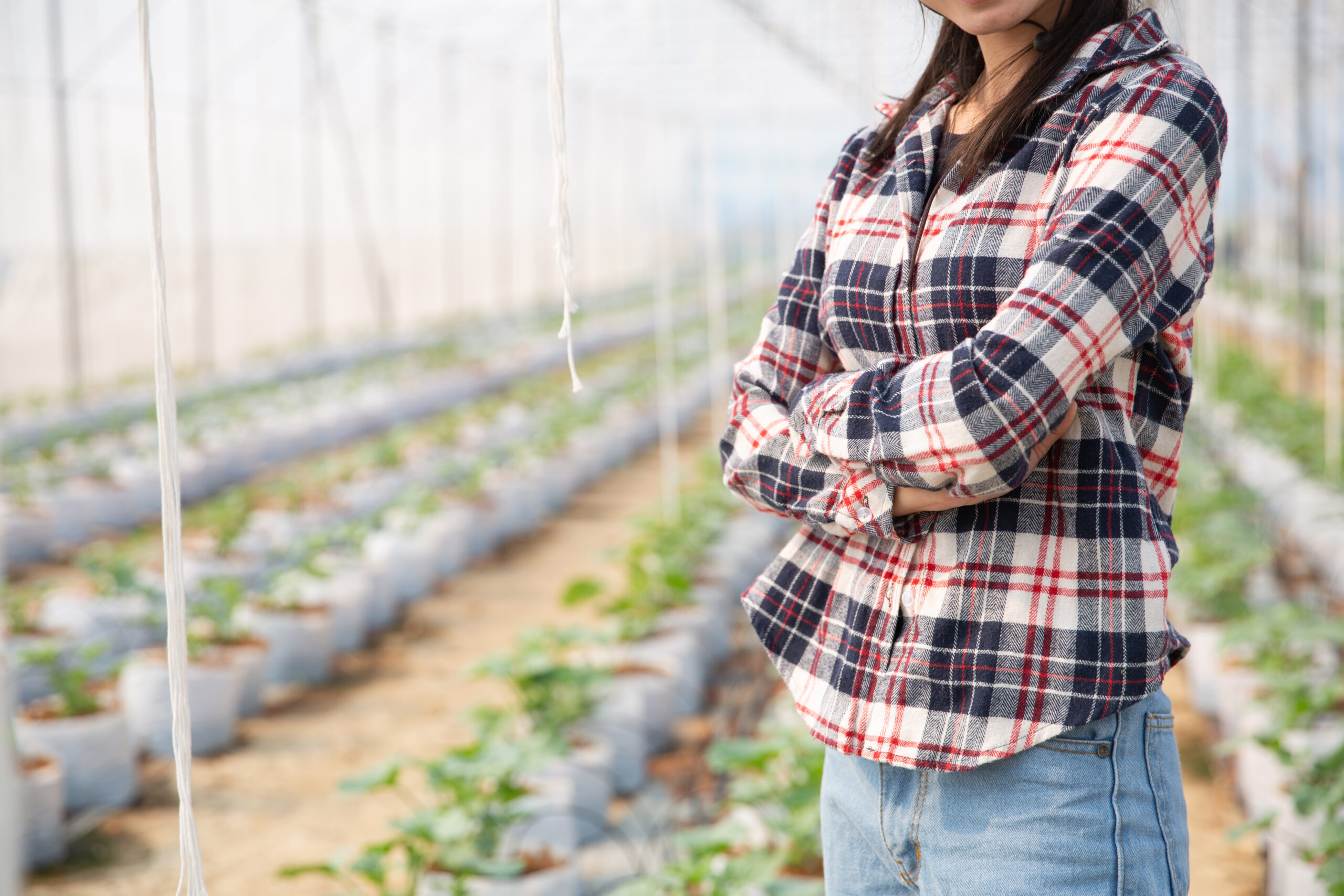Crop protection is one of the fundamental pillars for achieving efficient, sustainable, and profitable agricultural production. At Polyproductos de Guatemala y Nicaragua, we offer agricultural fabrics made from high-density virgin polypropylene that act as physical barriers against insects, pests, birds, and other external agents—helping farmers improve yields while reducing chemical use.
What Are Antiviral and Insect-Repellent Agricultural Fabrics?
Agricultural fabrics—commonly referred to as antiviral or insect-proof nets—are woven structures made from high-density polypropylene fibers. These are installed over crops or protective structures to provide full-coverage defense. Their main function is to block the entry of pests and disease-carrying vectors, regulate environmental conditions, and minimize the use of chemical pesticides.
Manufactured with weather-resistant materials, the nets from Polyproductos de Guatemala y Nicaragua are designed to endure long-term exposure to sunlight, humidity, wind, and other climate-related factors without compromising structural integrity.
Key Functions of Agricultural Mesh
Antiviral and insect-repellent fabrics offer a wide range of benefits for growers:
- Crop protection: act as a physical barrier to keep harmful insects away from crops
- Reduced pesticide use: prevent infestations naturally, decreasing the need for chemicals
- Disease prevention: help reduce the spread of plant viruses transmitted by whiteflies, aphids, and other vectors
- Environmental control: allow proper airflow and light penetration, creating an optimal microclimate
- Extended growing cycles: protect crops from early stages, prolonging production periods and improving quality
Applications Across Different Sectors
Polypropylene agricultural fabrics are widely used in:
- Open-field and greenhouse agriculture: vegetables, fruits, flowers, seedlings, and more
- Food industry: protection in storage or processing areas
- Vector control: areas requiring hygienic, pest-free environments
- Residential or commercial spaces: mosquito nets, sunshades, and partition curtains
- Specialized clothing and PPE: fabrics for protective gear with vector-blocking properties
Technical Specifications
Our antiviral and insect-proof agricultural fabrics are built for long-lasting, reliable performance. Their main features include:
- Material: high-density virgin polypropylene
- Sizing: customizable (length, width, and weave type)
- Strength: high resistance to tension, tearing, and weather exposure
- Breathability: allows airflow without compromising protection
- Durability: up to 3+ years of continuous use under demanding conditions
- Chemical compatibility: resistant to common fertilizers and pesticides
- Available colors: white, black, or transparent depending on use
Competitive Advantages Over Traditional Materials
Unlike conventional materials, polypropylene offers several advantages in agricultural applications:
- Longer lifespan under sun exposure
- Low maintenance and easy to clean
- Design flexibility and made-to-measure manufacturing
- Effective alternative to chemical pest control
- Low environmental impact and recyclability
Its lightweight structure also simplifies installation in tunnels, greenhouses, or floating row covers.
Our Commitment to Sustainable Agriculture
At Polyproductos de Guatemala y Nicaragua, we believe the future of agriculture depends on sustainable practices. That’s why our polypropylene-based agricultural fabrics are designed to support cleaner, safer, and more efficient production—protecting both crops and ecosystems.
All our products meet international standards and are manufactured under strict quality controls that guarantee uniformity, strength, and adaptability across climates and crop types.
Polyproductos de Guatemala y Nicaragua is your strategic partner in agricultural innovation. Our polypropylene agricultural fabrics help boost yields, extend crop life, and move your operations closer to a more sustainable and profitable farming model.



